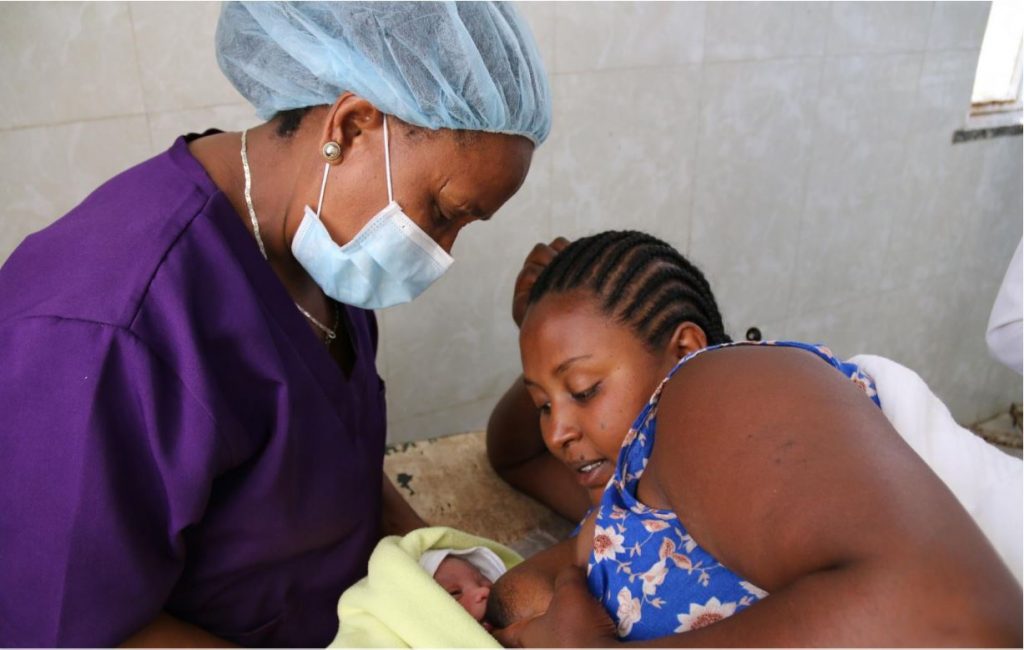
Destruction of health care facilities and blockade of medical supplies to Tigray by Ethiopian government cost the lives of Tigrayan mothers and newborns who need caesarian section.
International guidelines indicate at least 5% of births should be done via caesarian section (c-section) to preserve the life of the mother and/or infant. This is actually the most common operation done globally. Over the past two decades the availability of this life saving care in Africa including Tigray had dramatically reduced maternal and infant mortality. Still in Ethiopia as a whole the rates were in many regions less than 1% although Tigray was a little better at 2%. This indicated that this important service was insufficient to meet the needs.
Prior to November 2020 hundreds of c-sections were performed at Ayder Hospital yearly, the main tertiary teaching hospital in Tigray. This institution was also in the vanguard performing research and training nurses, midwives, physicians, and obstetrician gynecologists with an experienced faculty.
Following the invasion of Tigray by Ethiopian and Eritrean forces in November 2020 a progressive restriction of pre-natal, birth, and post-natal care was placed upon Tigray by the Ethiopian government. For a year prior to the conflict budgets for health care coming from the Ministry of Health, Ministry of Women and Children, and the Ministry of Education (the tertiary hospital, Ayder in Mekelle, was a federal facility under MOE) began to be cut instead of receiving the usual 13% increase.
Dr Kahsay Gebremedhin at Ayder Hospital in Mekelle reported in June 2021 that although normally the hospital was performing about 500 deliveries for month it had increased to 700. Even with transportation problems patients were coming to Ayder because out of the 8 major hospitals in Tigray only Ayder was not totally ransacked and rendered unusable by invading Ethiopian and Eritrean forces. Additionally it was the only one with a working generator. Fuel embargoes have severely limited surgical services because the power blockade means generators are the only way to get power for surgical equipment like anesthesia machines, lights, and cautery units.
The exact number of births in Tigray now is unknown however it is estimated that about 30 births per 1000 population occur per year. This means that somewhere near 150,000 occur annually in Tigray. Using the 5% standard one could reasonable estimate that upwards of 7,500 c-sections would need to be done to fully protect maternal and newborn lives. This implies that thousands of mother’s and children’s lives will be lost.

